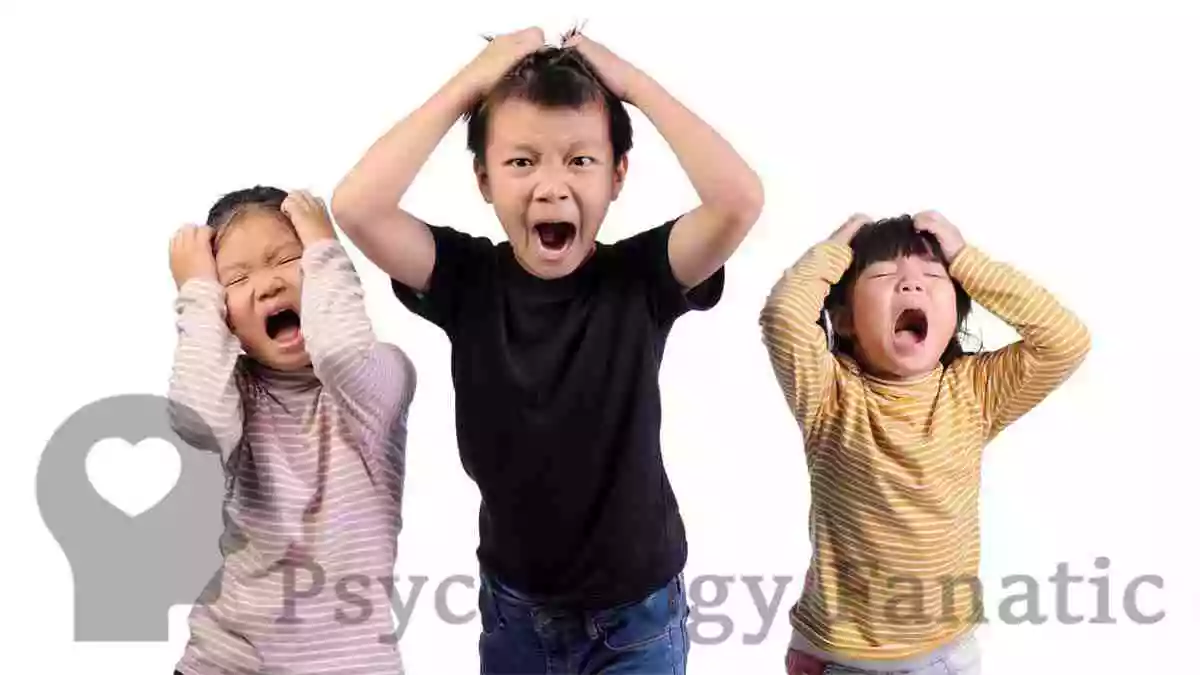Emotional reactivity refers to the level of impulsivity in reaction to triggers during extreme emotional states. High levels of reactivity refers to episodes when a person is emotionally hijacked into a fight-or-flight mode that tends to be an overreactions to the situation.
Derryberry and Rothbert define emotional reactivity as the speed and power of an individuals negative response.
Emotional reactivity has three primary aspects:
- the sensitivity
- the length of time to recovery from emotional disturbances
- level of impaired function associate with the disturbance of emotion (2020).
A person experiences emotions along a continuum in any of these three aspects.
Key Definition:
Emotional reactivity refers to the intensity and quickness of emotional responses to various stimuli. It is a measure of how easily and strongly one’s emotions are triggered and how rapidly they change. Individuals with high emotional reactivity tend to have strong emotional reactions that can fluctuate rapidly and may be difficult to control. This can result in heightened sensitivity, quick mood shifts, and intense emotional experiences. Emotional reactivity is closely related to emotional lability, as both involve rapid and unpredictable changes in emotions or mood.
Effortful Control
Scientific studies has discovered an association between effortful control and emotional reactivity. However, this determinant of the association may be seen in different ways. Some see it as those with greater effortful control are better able to regulate heightened emotions. Conversely, the cause of the association may be that those with less sensitivity to emotions are better able to exercise effort control. Most likely, however, like most psychological processes, a combination of both is the likely cause of the association.
Emotional Reactivity and Other Psychology Topics
The level of reactivity and regulation of the arousal is a primary concept associated with many topic in psychology. It is applicable with frustration tolerance, resilience, self-determination and window of tolerance. Heightened reactivity is also a common factor in diagnosing many psychological disorders.
A Few Final Remarks by Psychology Fanatic
In these heightened emotional states, our perceptions narrow. The emotional surge prevents unbiased views, and cognitive examination. We react in the moment. Our emotions and defenses drive behaviors that we may regret once the emotional dust settles.
References:
Derryberry D, Rothbart MK. (1997). Reactive and effortful processes in the organization of temperament. Developmental Psychopathology.
Hurriyati, E., Fitriana, E., Cahyadi, S., Srisayekti, W., & , (2020). Control and Emotional Reactivity Levels: Which One, Positive or Negative Emotional Reactivity Links with Effortful Control?. Humaniora.
Resources and Articles
Please visit Psychology Fanatic’s vast selection of articles, definitions and database of referenced books.
Topic Specific Databases:
PSYCHOLOGY – EMOTIONS – RELATIONSHIPS – WELLNESS – PSYCHOLOGY TOPICS






